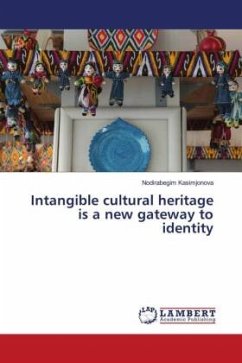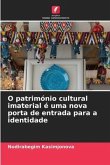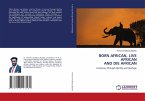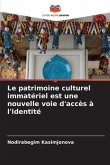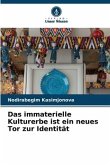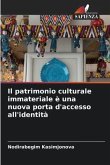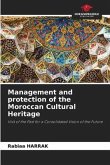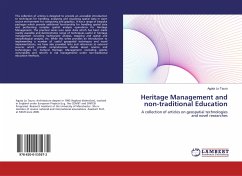Abdulla Qadiri said in his work, "It is good to return to Moziy to work." Indeed, very meaningful and true words. Events up to today are recorded in history. The purpose of studying history is to have knowledge that will serve as a ready template for tomorrow. One of the things in life that money can't buy is experience. The person and the society who can draw the correct conclusions from this history and apply it to the future will win. Our cultural heritage is our greatest asset that makes us who we are. Realizing this, in-depth research and the organization of its protection have been carried out consistently in recent years. Protection of cultural heritage, which is a reflection of the nation and the state, is one of the most serious issues not only in the region, but also on a global scale. Because the face of a family is its own tradition, as well as its principles, the originality of a people, a state is its cultural heritage. Without this heritage, no country can find itsplace in the world political community and find progress.
Bitte wählen Sie Ihr Anliegen aus.
Rechnungen
Retourenschein anfordern
Bestellstatus
Storno

